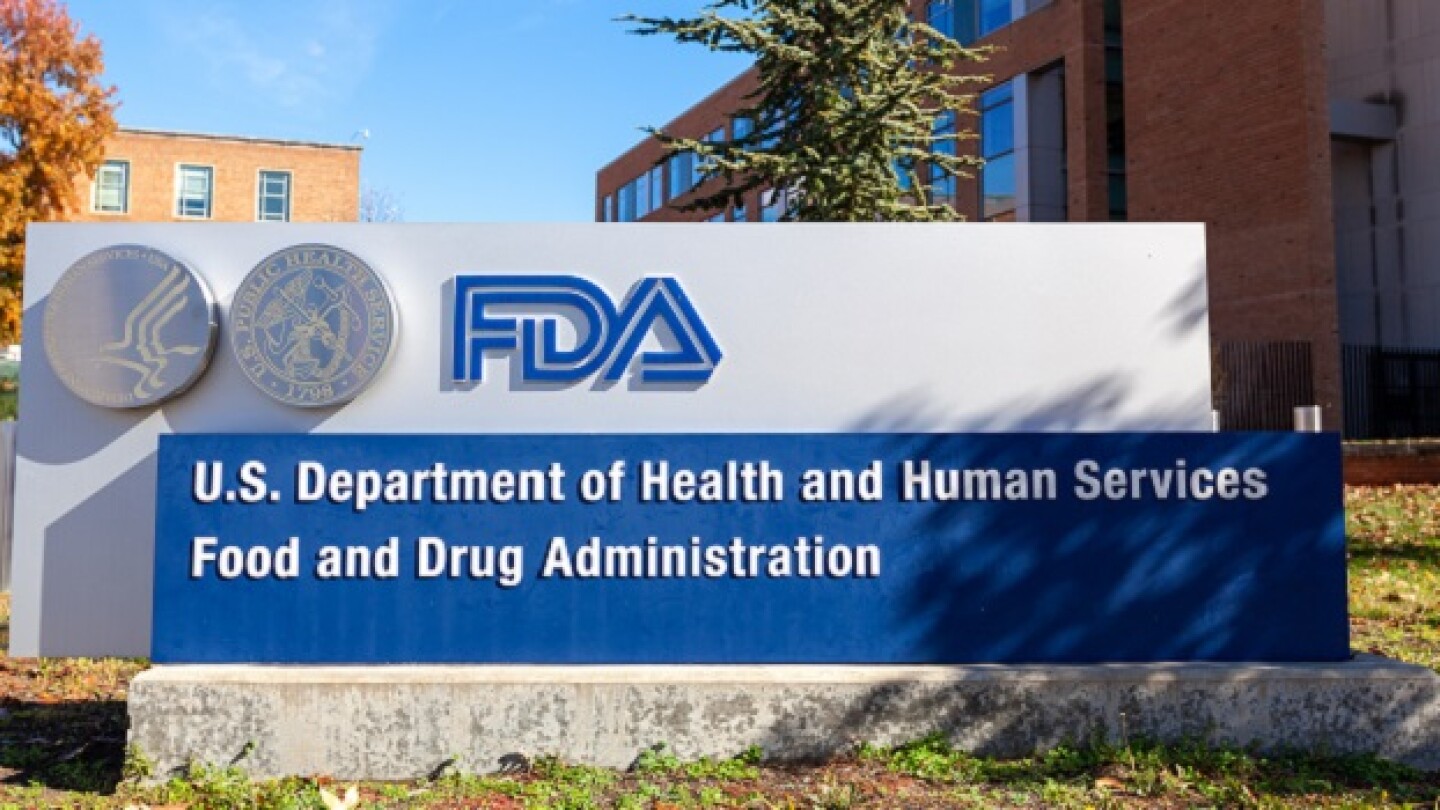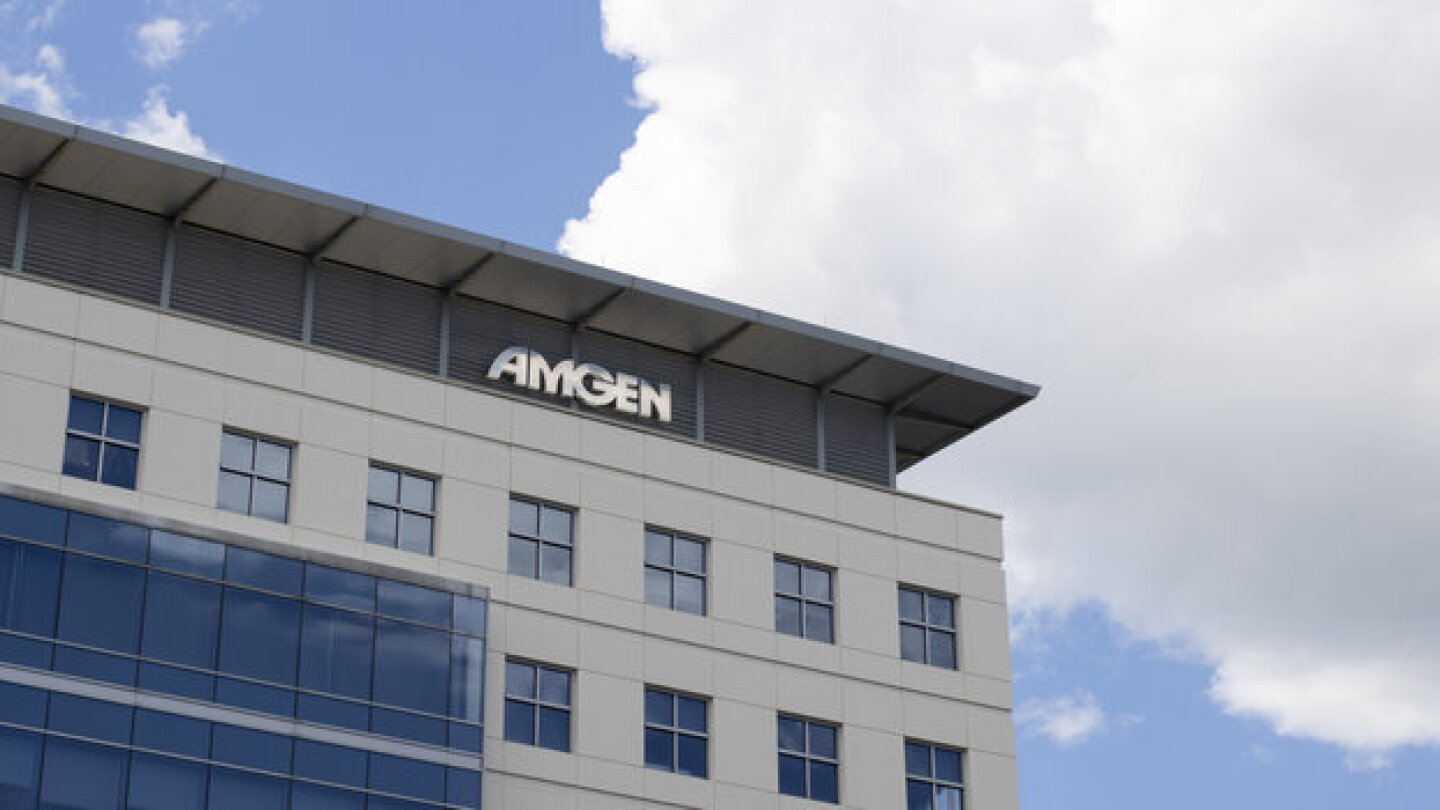News
Novo Nordisk goes “on the offensive” following Trump deal that also included rival Eli Lilly, putting an exclamation point on rapidly declining GLP-1 drug prices. Experts say the unusual situation makes it hard to predict what’s next.
FEATURED STORIES
To drive true innovation in drug development, executives must not let excitement about the latest shiny object obscure ultimate outcomes.
Heading into the final quarter of a year that has seen dramatic upheaval at the FDA—from the exodus of numerous senior leaders to unclear policy changes and a safety saga that engulfed the gene therapy space—drug approvals appear roughly on par with recent years.
Therapies from industry leaders BioMarin and Ascendis Pharma supply a key hormone that promotes bone growth. In order to move the field forward, challengers are looking to address the underlying cause of the rare, genetic disease.
Job Trends
Eli Lilly and Company (NYSE: LLY) announced detailed results from the SURMOUNT-OSA phase 3 clinical trials evaluating tirzepatide injection (10 mg or 15 mg) for the treatment of moderate-to-severe obstructive sleep apnea (OSA) in adults with obesity, with and without positive airway pressure (PAP) therapy.
FROM OUR EDITORS
Read our takes on the biggest stories happening in the industry.
With five CDER leaders in one year and regulatory proposals coming “by fiat,” the FDA is only making it more difficult to bring therapies to patients.
THE LATEST
Looking for a biopharma job? Check out the BioSpace list of 12 top companies hiring life sciences professionals like you.
Pfizer and Novo Nordisk seem to want Metsera bad. Analysts are wondering, though: Is the obesity biotech really worth this much effort?
According to reporting from Reuters, reviewers at the agency pointed to an inability to differentiate from placebo to justify rejecting the drug, but an FDA office director approved the drug anyway.
Investors got to hear Novo Nordisk’s side of the Metsera bidding war drama for the first time on Wednesday, as the company reported third-quarter earnings. A rough quarter underscored the stakes for the Danish pharma.
Pfizer and Novo Nordisk continue to fight for ownership of obesity startup Metsera; CDER Director George Tidmarsh leaves his position amid an ongoing probe into his “personal conduct”; FDA reverses course on approval requirements for uniQure’s Huntington’s gene therapy; Sarepta’s exon-skipping Duchenne muscular dystrophy drugs fail confirmatory study.
Biohaven is proposing troriluzole for the treatment of spinocerebellar ataxia, a group of rare, genetic diseases that lead to the progressive loss of control over movement.
Arena launched with $500 million in early 2024 to fund basic biological research, from which it planned to spin out dedicated companies to focus on drug development.
Harmony Biosciences has paused a mid-stage trial of ZYN002 in 22q11.2 deletion syndrome after the THC-free cannabinoid drug failed to significantly improve social avoidance in a late-stage study in fragile X Syndrome.
Amgen remains confident in its obesity asset MariTide, for which it has launched a broad Phase III program.
Due to the litigation Pfizer filed Friday and Monday against Metsera, Novo Nordisk and the biotech’s lead shareholder, CEO Albert Bourla was limited in what he could say. But he said Pfizer was the best fit for Metsera.

















